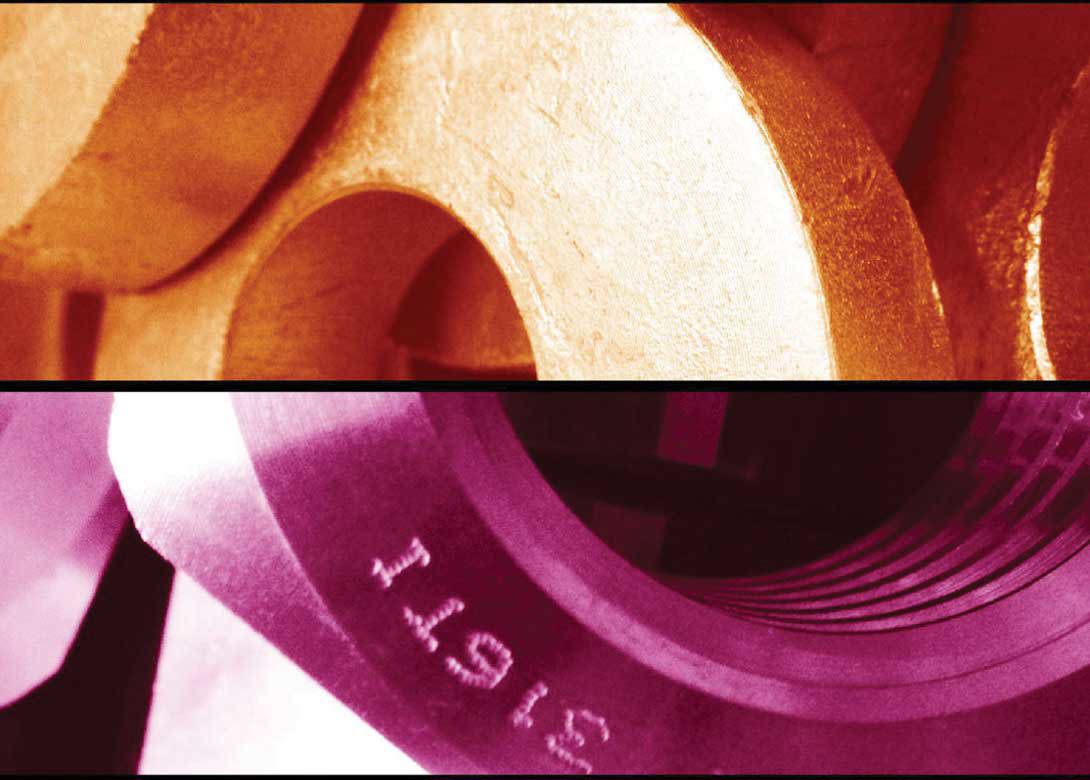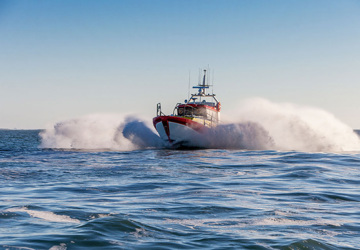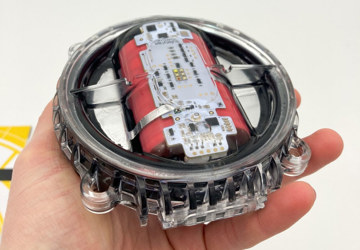Cathodic corrosion protection of high strength subsea bolting
09 June 2015
In the last decade Hague Fasteners Ltd has seen massive demand growth for British manufactured, European origin material, critical bolting to OEM specifications – written to ensure the prevention of failures in high strength fasteners used in offshore and subsea applications.
The selection, specification, manufacture and installation of fasteners for subsea use is critical to ensure resistance to corrosion due to various forms of environmentally assisted cracking. As oil exploration progresses into far deeper waters, the consequence of a fastener failure or other mechanical component breakdown is financially serious and for the environment potentially catastrophic.
The subsea specifications to which Hague Fasteners adheres emphasises the prevention of environmentally induced cracking under the conditions of cathodic protection – frequently used in marine vessels, as well as offshore and subsea steel structures, to reduce base metal corrosion by making it the cathode in an electrochemical cell.
Special fasteners manufactured and coated by Hague Fasteners do not deviate from the expert specifications designed to minimise the risk from the various forms of environmentally assisted cracking, including stress corrosion cracking, hydrogen embrittlement and sustained load cracking.
Hague Fasteners supplies high performance applications requiring higher strength fasteners. A major issue with fasteners used offshore and subsea is that higher strength fasteners are susceptible to stress corrosion cracking and hydrogen embrittlement. In general, the higher the strength, the higher the hardness of the material and the greater the susceptibility to these failure mechanisms.
Common critical offshore and subsea bolting material grades are ASTM A320 Grade L43, ASTM A320 L7 and ASTM A193 Grade B7. Hague Fasteners certifies its manufactured items with additional PMI testing and MPI testing. It also further ensures component integrity by limiting hardness well below the proven 34 HR – where high strength bolting becomes highly susceptible to cracking from hydrogen embrittlement induced by cathodic protection. It is important to note that the maximum hardness specification for regular B7 is 35 HRC, above the limit of the susceptible range.
Quality simply cannot be compromised, says Hague Fasteners. “The best in British manufacturing ensures all the risks are assessed and minimised by strict adherence to subsea and offshore manufacturing specifications. Where reputation is at stake, Hague Fasteners is your solution.”








